Tariffs as Indirect Taxes: How Incoterms & Strategies Impact International Trade

🎧 Prefer to Listen?
Get the audio version of this article and stay informed without reading - perfect for multitasking or learning on the go.
Tariffs. The word has become part of everyday conversations in the news and on the streets. Although tariffs are nothing new and have a long history of shaping international trade, many have recently become aware of their importance.
For some, tariffs are integral to international trade and crucial for economic relationships between countries, while others consider them tools to protect domestic industries. In any case, tariffs, as indirect taxes, significantly influence the price of goods and services and consumption patterns.
That is why businesses engaged in cross-border trade must understand tariffs' dual nature as an economic instrument and tax mechanism to make better decisions and calculate the cost of importing or exporting goods and services.
Defining Tariffs as Indirect Taxes
When talking about indirect taxes, the most common forms or types include VAT, GST, sales and use tax, excise, and customs duties. However, tariffs should be considered in the same context, primarily because tariffs are taxes imposed on imports into a country.
The main purpose of tariffs is to make foreign products more expensive, thus encouraging consumers to buy local goods and services. In addition to this protective function, tariffs represent a significant revenue for governments.
Tariffs are indirect taxes that importers pay when goods and services are imported into the country. However, the importers typically pass the additional costs onto consumers through an increased final price. Therefore, the financial burden is shifted from businesses to end-users or consumers.
However, due to their particular nature, tariffs' impact extends beyond mere price adjustments. They influence supply chains, change the competitive landscape, and can sometimes affect diplomatic relations between countries.
To find one such example, we do not have to go too far into a history book, as the recent escalation caused by the US administration created tension not only between the US and China but also between the US and its closest economic partners, such as Canada, Mexico, and the European Union.
The Role of Incoterms in Tax Liability Allocation
In international trade, the allocation of costs, risks, and responsibilities between buyers and sellers is typically governed by the International Commercial Terms, or Incoterms. Several types of Incoterms rules define the main obligations for buyers and sellers. Among those, the Delivered Duty Paid (DDP) term stands out as it includes the highest number of commitments for the seller.
Under the DDP rules, sellers must pay all costs, cover associated risks, and deliver goods to the buyers' location. These costs include transportation, insurance, and, most importantly, the payment of import duties and taxes. More specifically, agreeing on DDP Incoterms means that the seller must deal with the complexities of the buyer's country's customs regulations, secure necessary clearances, and ensure compliance with local tax laws, including import duties, such as tariffs, and VAT or sales tax.
The DDP provides more convenience for buyers but puts additional burdens and pressure on sellers, who must be well-informed about foreign regulations and prepared to manage the associated risks and costs. Therefore, businesses should carefully consider what type of Incoterms to agree on and be aware of what risks, obligations, and responsibilities each type, such as DDP, has.
Strategic Responses to Tariff Challenges
Considering the nature and purpose of tariffs in international trade, businesses should adopt strategic measures to mitigate their impact. However, this is easier said than done, especially considering the recent event that caused general confusion in the international markets and trade. Nevertheless, there are specific steps that businesses can take to control their responsibilities and liabilities better.
One of the steps is tariff engineering, which refers to modifying products or their classification to qualify for lower tariff rates. However, to achieve this, a deep understanding of the Harmonized System (HS) codes and a fine distinction of product specifications are needed.
Another strategy element is leveraging free trade agreements (FTAs) signed between countries. When traded between signatory countries, FTAs offer preferential tariff rates on certain goods and services. Furthermore, businesses can significantly reduce tariff liabilities by sourcing materials or components from FTA partners.
Thorough supply chain analysis is an inevitable part of good strategy. To successfully conduct one, businesses must assess the origin of goods, transportation routes, and potential alternative suppliers. By doing so, international trading companies can identify opportunities to minimize exposure to high tariffs.
Finally, monitoring evolving trade regulations is a critical part of any strategy. Sometimes this can be tricky, especially when there are daily updates on specific tariff changes. For example, on April 14, the European Commission adopted two legal acts, which imposed EU countermeasures on US tariffs and paused those measures until July 14, 2025, respectively. The decision to pause measures resulted from a sudden change of mind in the US administration that announced on April 9 that it would pause their tariffs on the EU for 90 days.
Therefore, businesses must invest in compliance expertise to help them mitigate these risks and keep them informed about any changes to tariff rules and regulations.
Conclusion
International trade is complex and includes transportation, insurance, customs regulations, and taxes. A significant part of global trade is tariffs, an indirect tax affecting dynamics, consumer behavior, and international relations. Moreover, tariffs directly influence cost, and by extension, the final price of goods and services.
Understanding the rules and regulations relating to tariffs, comprehensively analyzing the implications of Incoterms like DDP, and implementing strategic measures to manage tariff-related challenges are necessary steps companies engaged in international trade must consider to enhance their resilience and competitiveness in an increasingly interconnected and vibrant global market.
Source: Bloomberg, Reuters, BDO, International Trade Administration, Government of the Netherlands, European Commission, EY

Featured Insights

Burkina Faso FEC E-Invoicing Mandatory July 2026
🕝 February 24, 2026More News from World
Get real-time updates and developments from around the world, keeping you informed and prepared.
-e9lcpxl5nq.webp)




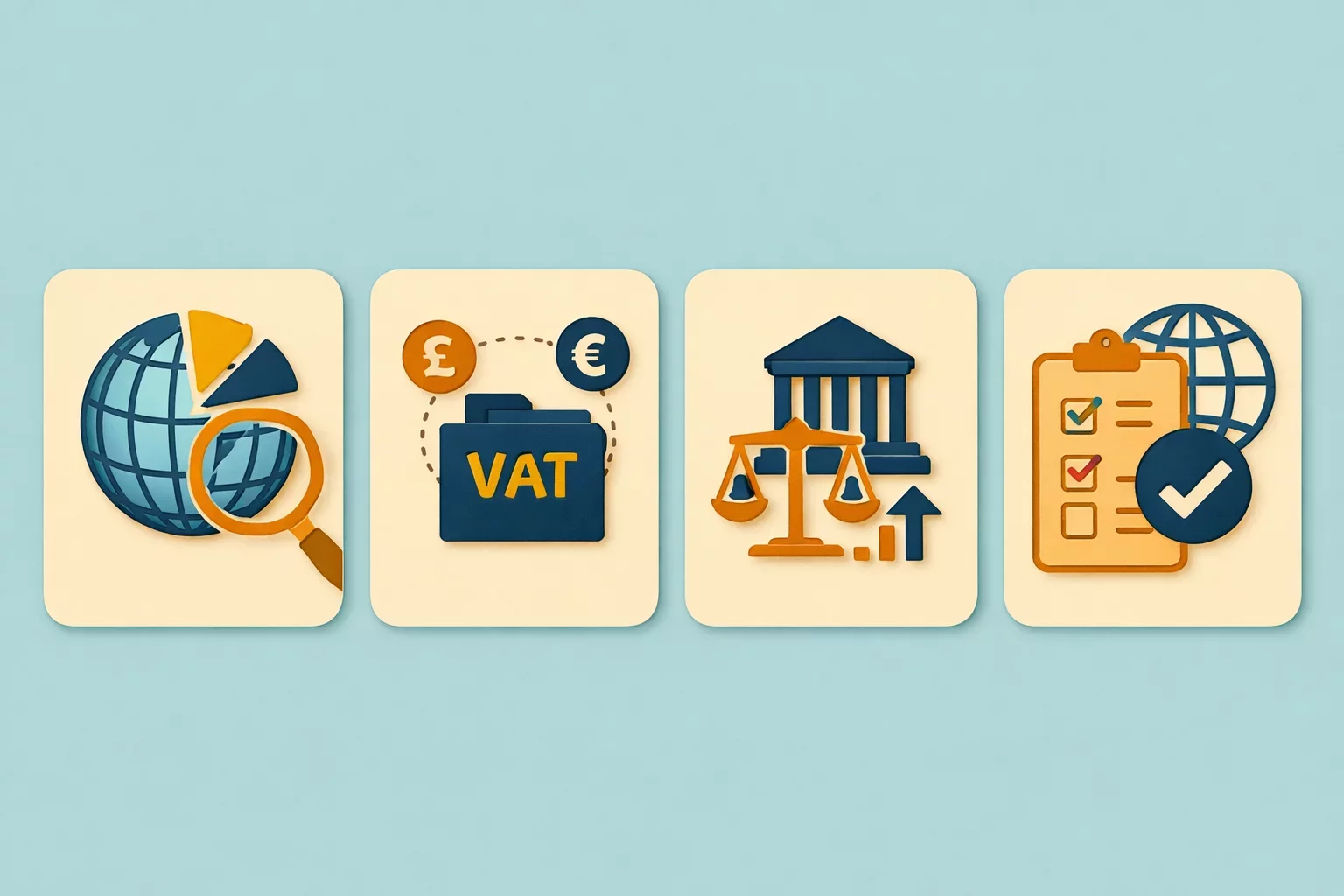
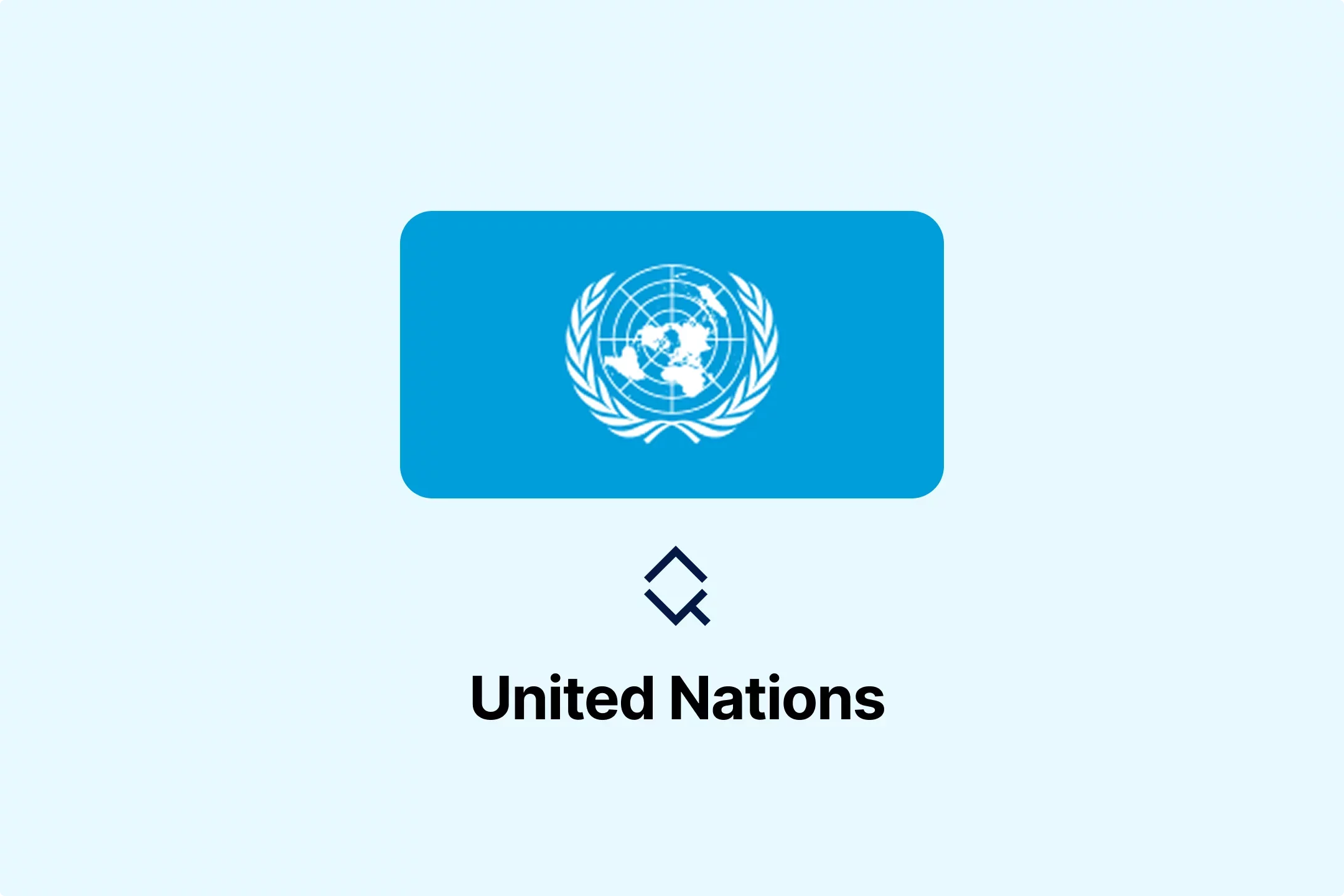

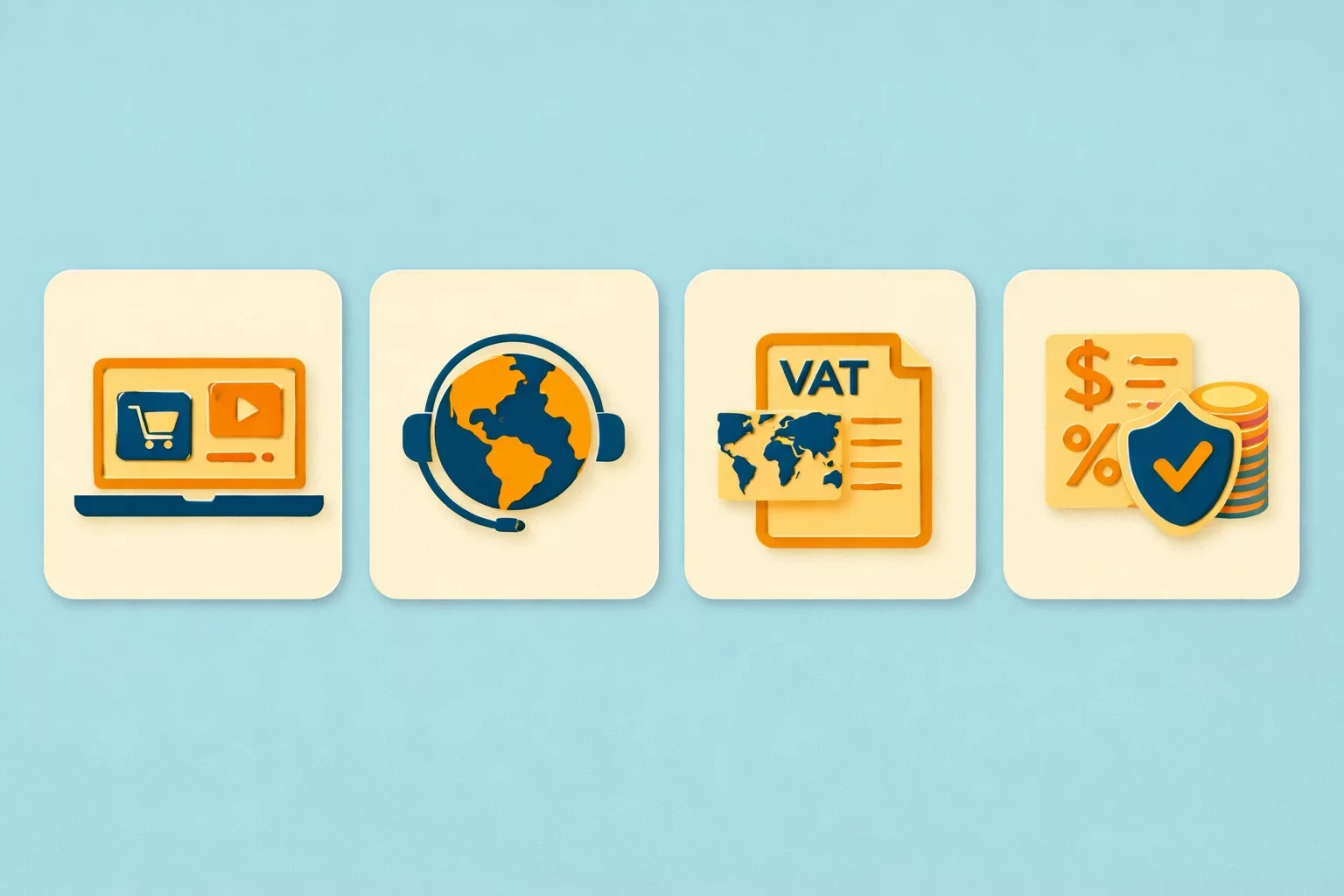
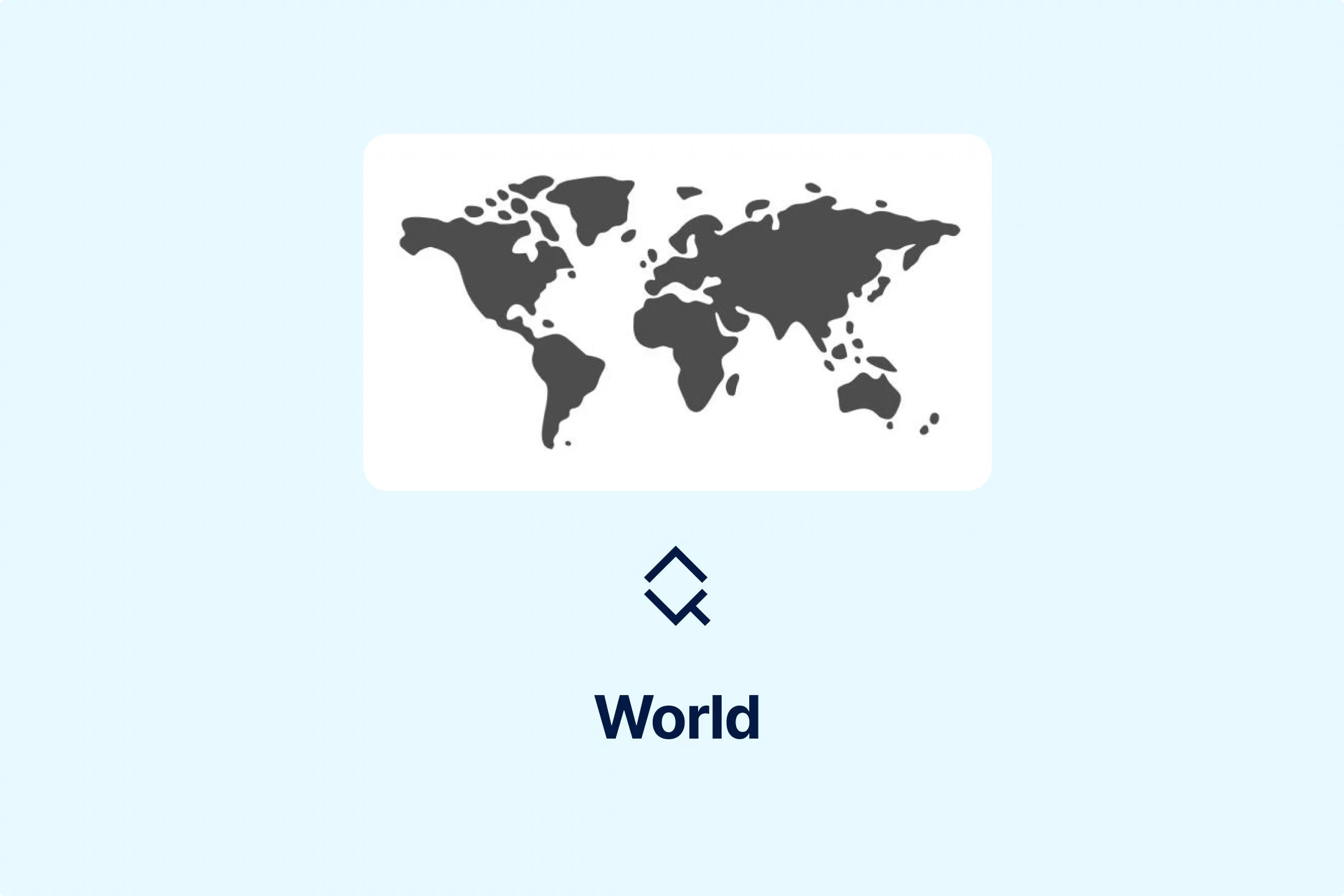
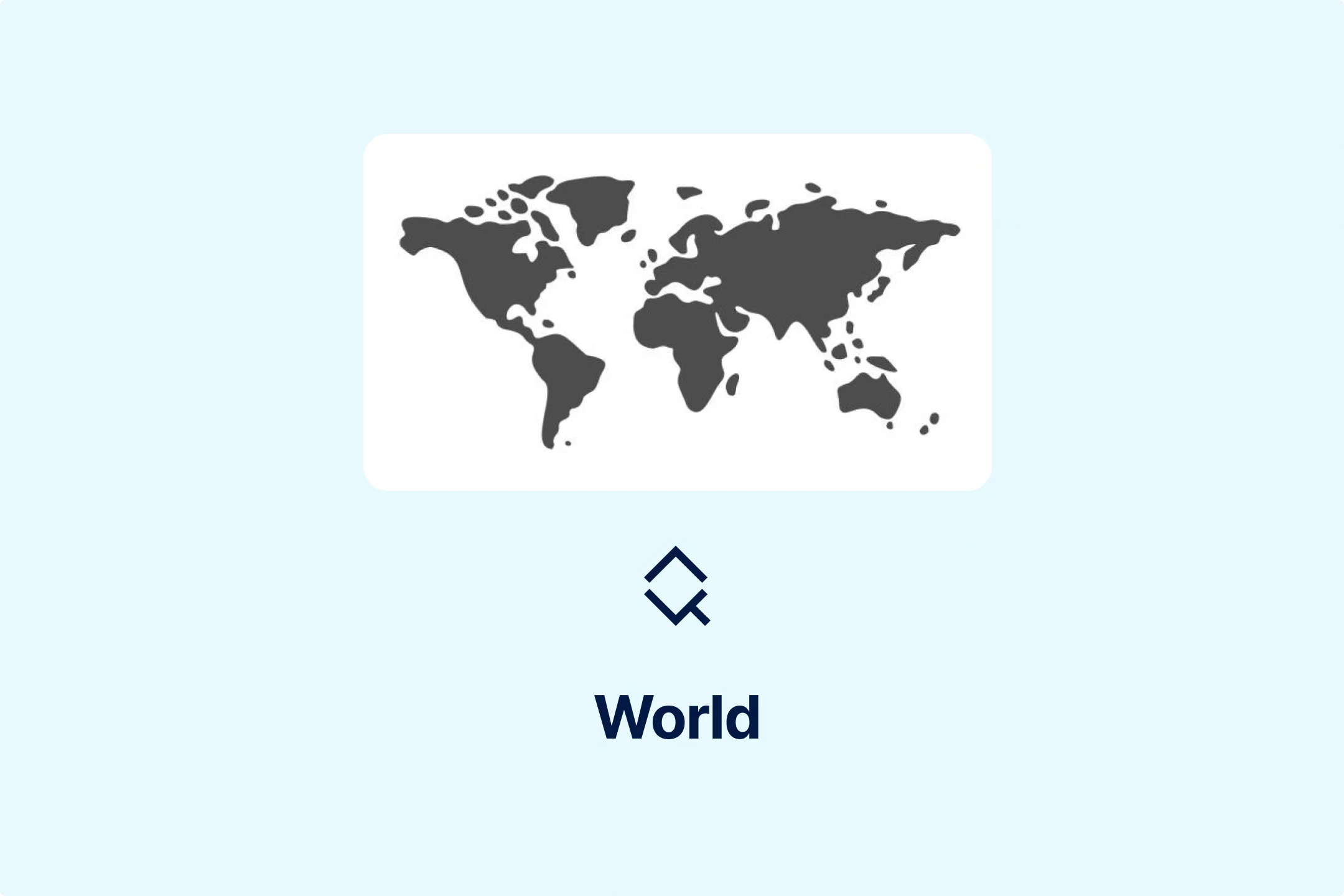



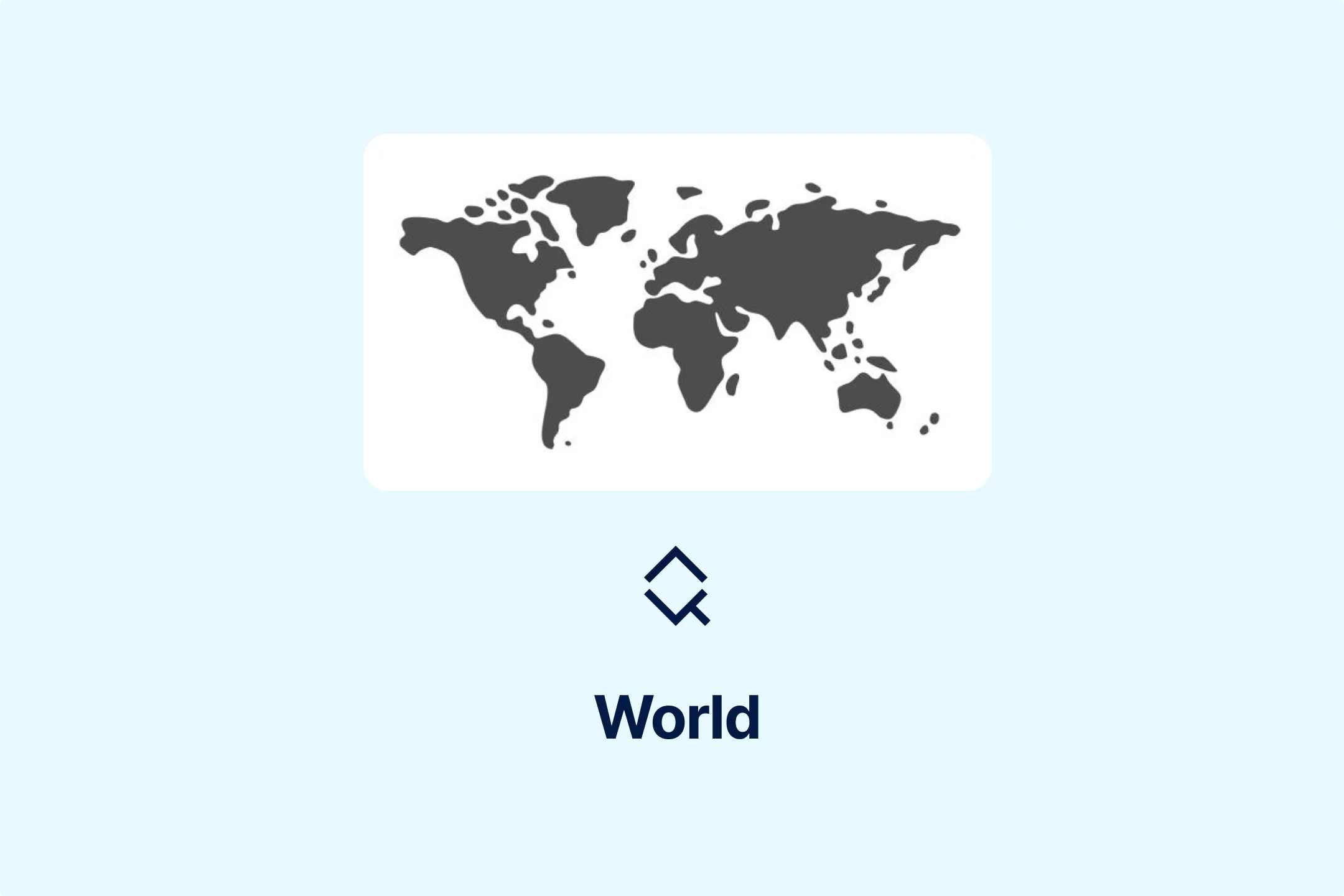





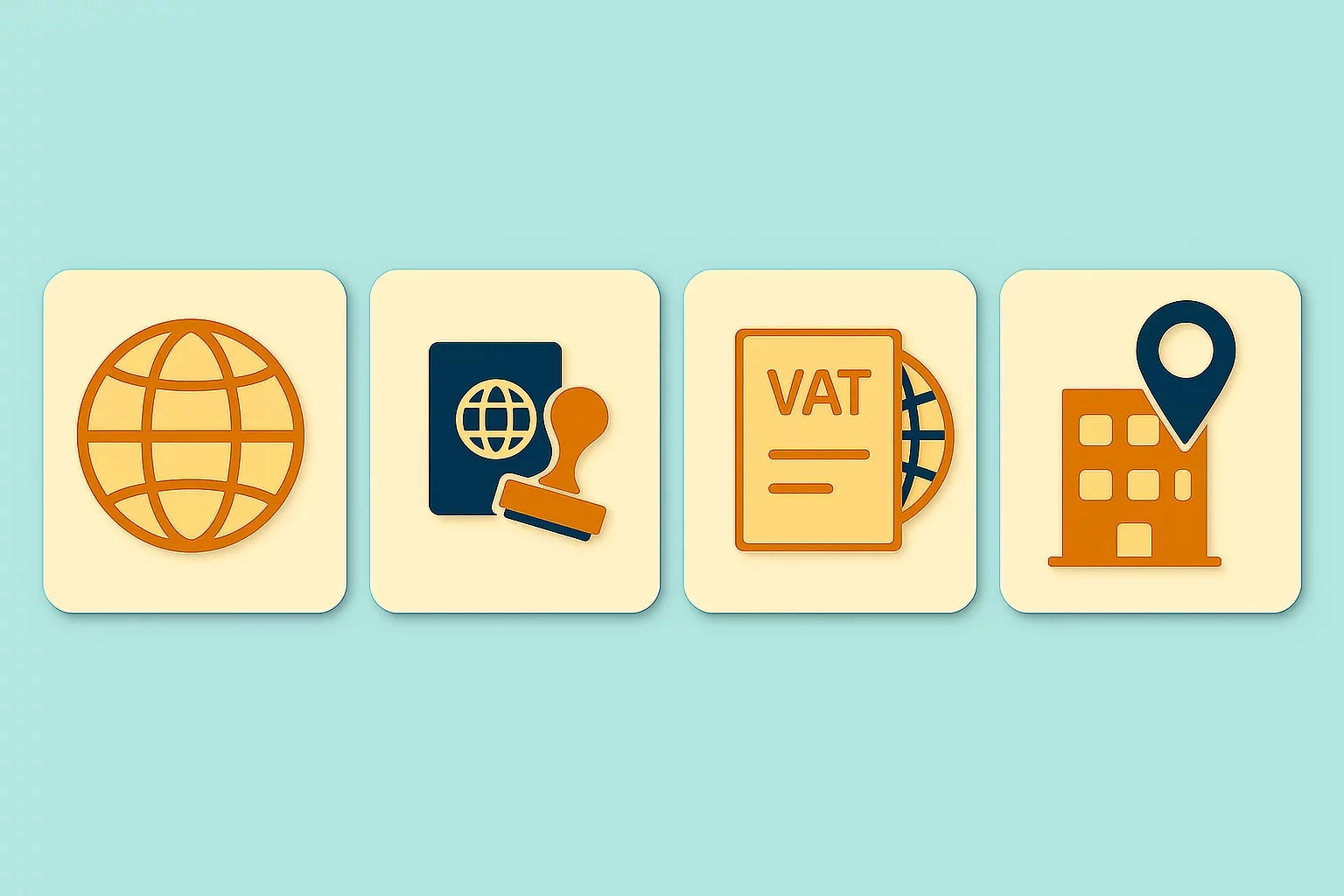

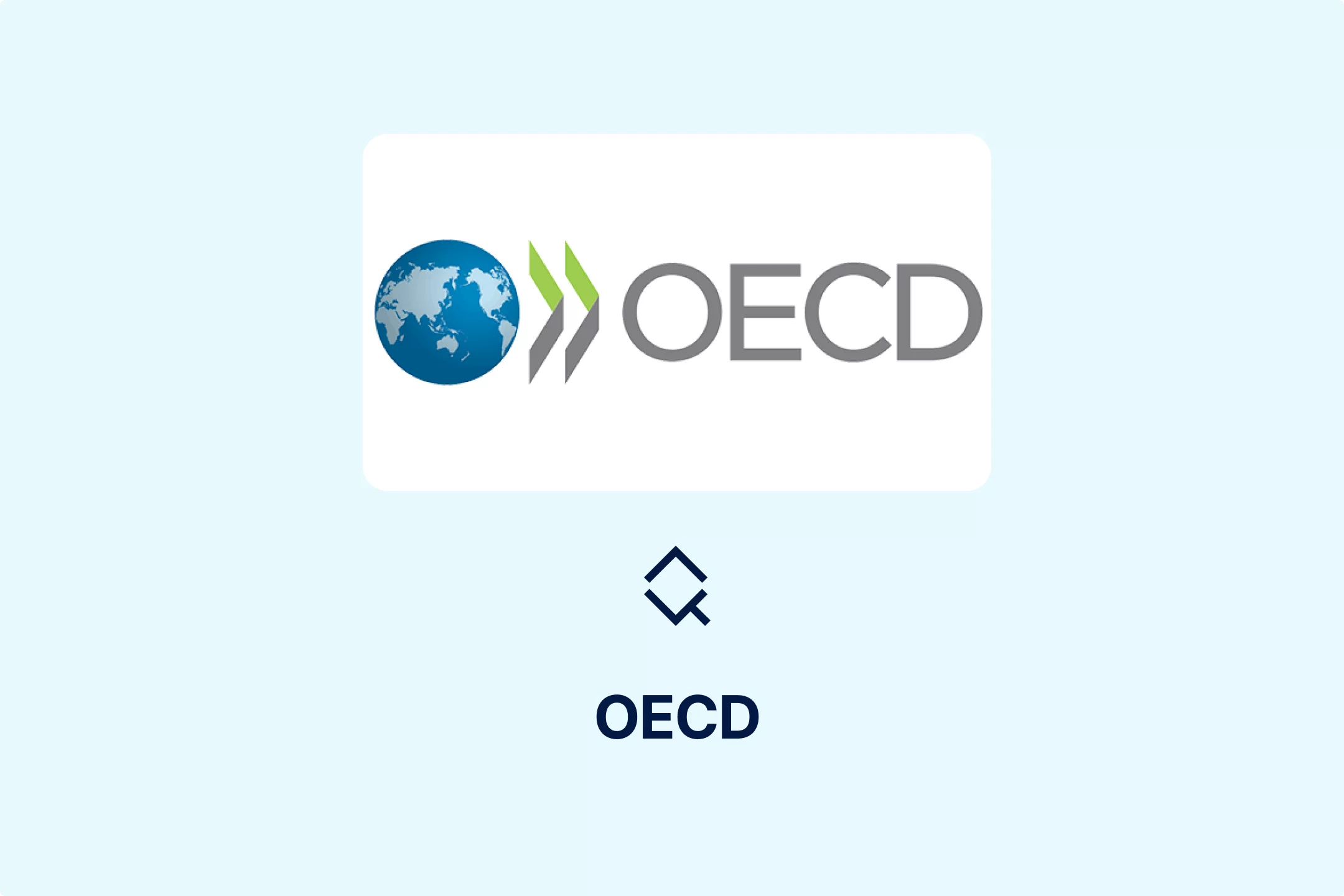











-7xdqdopxl6.webp)


-a9bz8kz2cs.webp)































